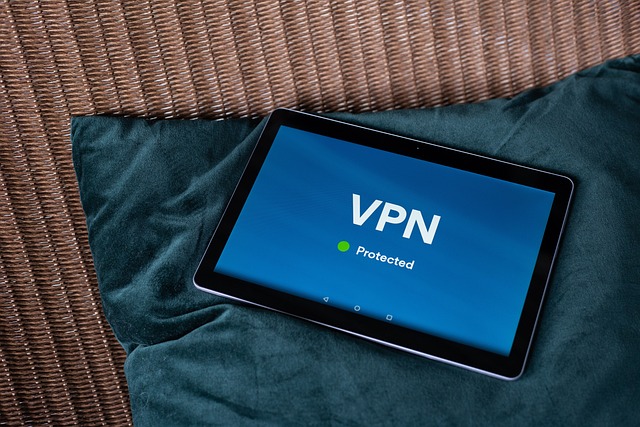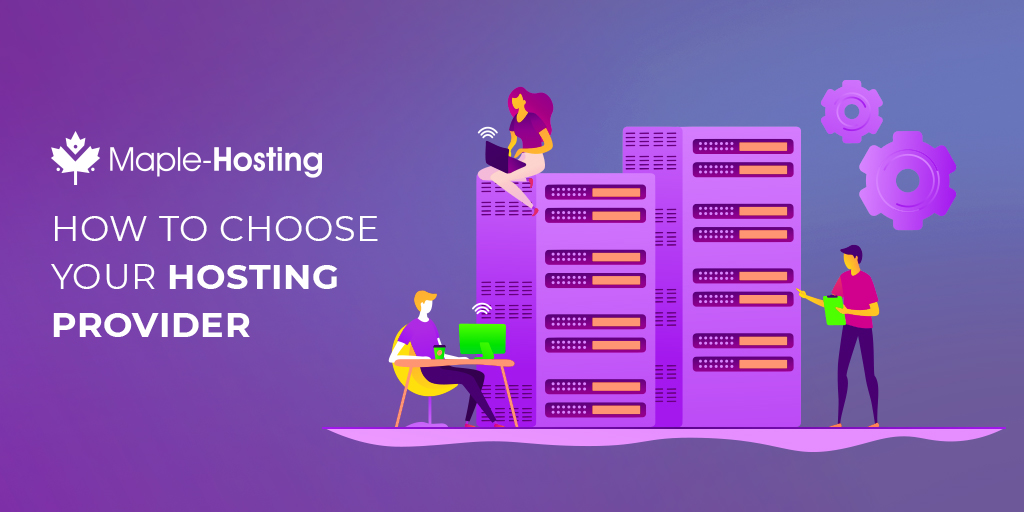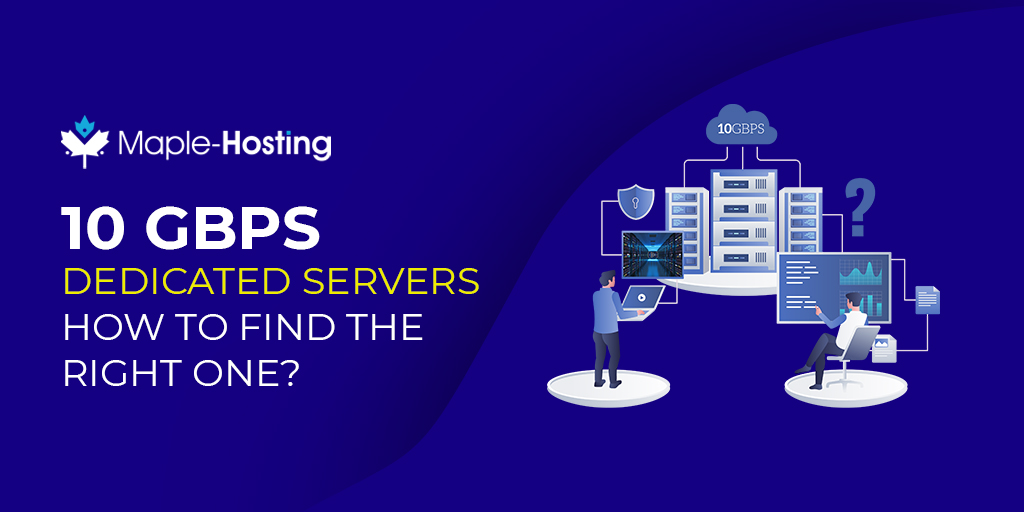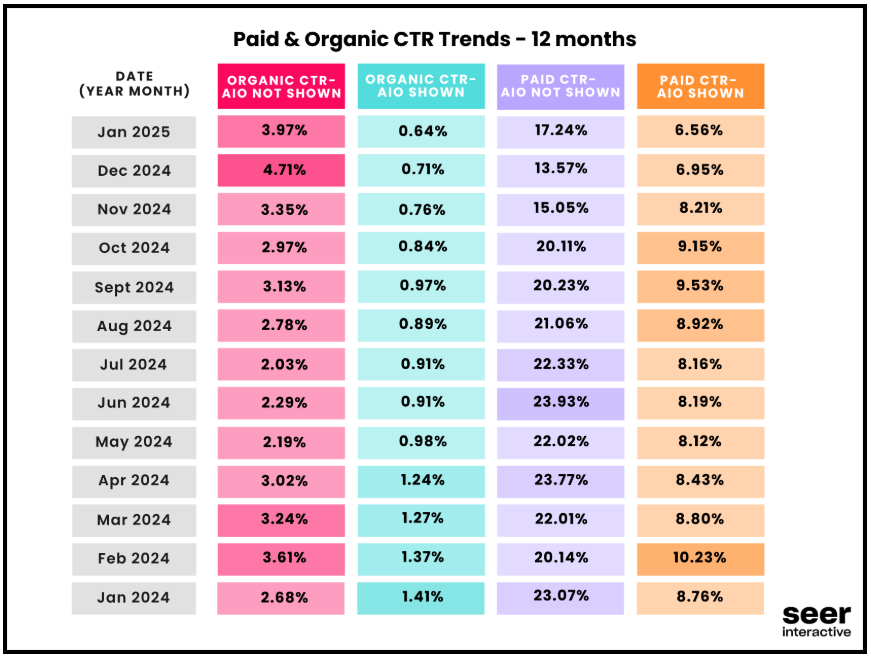Digital Personal Networks (VPNs) have turn into a staple device for tens of millions searching for privateness, safety, and entry to restricted content material on-line. As of March 28, 2025, their reputation continues to soar, pushed by rising issues over information breaches, surveillance, and geographic content material obstacles. However whereas VPNs supply plain benefits, they don’t seem to be with out their pitfalls. Deceptive advertising, exploitation by hackers, and growing blocks by firms utilizing information heart transit detection have created a posh panorama for customers. This is a deep dive into what’s good, what’s deceptive, and why VPNs can typically be extra irritating than useful.
The Good: Why VPNs Are Precious
VPNs present a variety of advantages that make them interesting to each informal customers and companies. At their core, they create an encrypted tunnel between your gadget and a distant server, masking your IP deal with and shielding your web exercise from prying eyes. Listed below are some standout benefits:
-
Enhanced Privateness and Safety: By encrypting your information, VPNs defend delicate data, like passwords or monetary particulars, from interception, particularly on unsecured public Wi-Fi networks resembling these in cafes or airports. This makes them a significant device for distant staff and vacationers.
-
Bypassing Geo-Restrictions: VPNs permit customers to entry content material unavailable of their area by connecting to servers in different nations. Whether or not it is streaming a present on Netflix UK from the US or accessing a blocked information website, this flexibility is a serious draw.
-
Thwarting ISP Throttling: Some web service suppliers (ISPs) decelerate connections primarily based on utilization, like streaming or gaming. A VPN hides your exercise, doubtlessly stopping this focused slowdown and making certain smoother efficiency.
-
Scalability for Companies: For firms, VPNs safe distant entry to inner networks, making them a scalable resolution as workforces develop. Staff can join securely from wherever, lowering the chance of breaches on unsecured units.
These advantages have made VPNs a go-to for privacy-conscious people and organizations alike, providing a way of management in an more and more monitored digital world.
The Deceptive: Sorting Reality from Fiction
Regardless of their strengths, VPNs are sometimes oversold by way of exaggerated or outright false claims. The business’s opaque nature and aggressive advertising have led to widespread misconceptions. This is what’s deceptive:
-
“Whole Anonymity” Guarantees: Many VPN suppliers promote full anonymity, suggesting nobody can monitor your on-line exercise. In actuality, whereas a VPN hides your IP deal with, it would not forestall monitoring through cookies, browser fingerprinting, or account logins (e.g., Google or social media). Your VPN supplier additionally is aware of your actual IP and shopping habits except they keep a strict, independently audited no-logs coverage, one thing not all can show.
-
Hyperbolic Safety Claims: Phrases like “military-grade encryption” sound spectacular however are sometimes meaningless buzzwords. Most trendy VPNs use AES-256 encryption, which is normal throughout the business, not a novel promoting level. Worse, some providers misrepresent their capacity to guard towards all cyber threats, leaving customers with a false sense of invulnerability.
-
Knowledge Safety Gaps: Not all VPNs are equal. Free or low-cost providers might log and promote your information to 3rd events, undermining the very privateness they promise. In 2021, breaches in apps like SuperVPN uncovered tens of millions of customers’ information as a consequence of poor safety practices, a reminder {that a} VPN is just as reliable as its supplier.
These deceptive narratives can mislead customers into over-relying on VPNs with out understanding their limitations, making a dangerous hole between expectation and actuality.
The Frustrations: Hackers and Knowledge Heart Blocks
Whereas VPNs intention to reinforce safety, they don’t seem to be proof against exploitation or pushback from the programs they work together with. Two main frustrations stand out: hackers leveraging VPNs and corporations blocking information heart transit.
-
Hackers Exploiting VPNs: Mockingly, the identical anonymity VPNs supply customers is a boon for cybercriminals. Hackers use VPNs to masks their places, making it more durable to hint phishing campaigns, malware distribution, or ransomware assaults. For instance, stolen VPN credentials have been used to infiltrate company networks, as seen in high-profile breaches just like the 2021 Pulse Join Safe hacks affecting US federal companies. This dual-use nature frustrates official customers, because it taints VPNs’ popularity and prompts stricter laws or scrutiny.
-
Knowledge Heart Transit Blocking: A rising variety of firms—particularly streaming platforms, banks, and e-commerce websites—now block VPN visitors originating from information facilities. Most VPN servers function from industrial information facilities moderately than residential networks, and their IP ranges are simply identifiable. Netflix, as an example, has lengthy cracked down on VPNs to implement regional licensing, whereas banks flag information heart IPs to forestall fraud. This cat-and-mouse recreation forces VPN suppliers to continually purchase new IPs, however customers usually discover themselves locked out of providers regardless of paying for entry. It is a maddening hurdle for these counting on VPNs for official functions like journey or privateness.
These points spotlight a paradox: VPNs empower customers but in addition create new obstacles, both by way of misuse by unhealthy actors or defensive measures by companies.
Why the Frustration Persists
The interaction of those elements, hackers’ exploitation and company countermeasures, creates a cycle of frustration. Customers put money into VPNs anticipating seamless privateness and entry, solely to come across blocked providers or the unsettling information that the identical instruments defend criminals. Add within the problem of sifting by way of deceptive claims to discover a dependable supplier, and it’s clear why VPNs can really feel like a double-edged sword. The dearth of transparency within the business, coupled with technical arms races like information heart blocking, retains customers on edge.
Navigating the VPN Panorama
So, how are you going to benefit from VPNs with out falling into these traps? Begin by selecting a good supplier with a confirmed no-logs coverage, robust encryption, and a large server community to attenuate blocking points. Analysis unbiased critiques, avoiding affiliate-driven websites, and check providers with money-back ensures. Perceive {that a} VPN is a device, not a cure-all; pair it with good cybersecurity habits like robust passwords and two-factor authentication.
VPNs stay a robust ally within the struggle for on-line privateness and entry, however they don’t seem to be flawless. By recognizing their advantages, seeing by way of the hype, and bracing for the frustrations, you should utilize them successfully in 2025’s ever-evolving digital panorama.
Enhance Your VPN Expertise with Sectorlink VPS
Annoyed by VPN blocks or privateness dangers? Host your personal VPN on Sectorlink’s VPS Cloud servers for final management. Go to Sectorlink’s VPS Servers as we speak!













